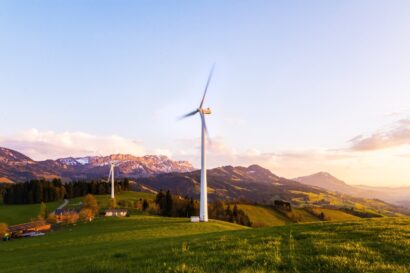REPORTS & BRIEFINGS | 01/02/2010
Beyond Carbon: Towards a resource efficient future

It is increasingly evident that resource efficiency – that is, the systematic reduction in the quantity of resource employed to produce goods and services in the economy – will be one of the key determinants of economic success and human well-being in the 21st century.
On the one hand, this is the inescapable general conclusion from the science which demonstrates that human societies are already depleting the physical and biological resources of the earth at an unsustainable rate, a problem which is deepening with rising population and per capita consumption.
This general observation does not, however, tell us much about the pace at which resource efficiency will have to be driven, nor about which resources will most immediately require management. In general, we know that markets respond to short-term supply restrictions as was the case with the global spikes in commodity prices between 2006 and 20081; they do not anticipate constraints in natural resource stocks. Therefore a prudent economic policy would promote low resource consumption as a vital part of securing future competitive advantage, in advance of the market. Such a policy is also essential for an efficient transition to a low carbon economy.
A more efficient transition will be enabled by long-term policy mechanisms that are implemented before resource-constraint shocks force change in the economy. Advocacy of such policy has been a core position for the Aldersgate Group since its formation.

